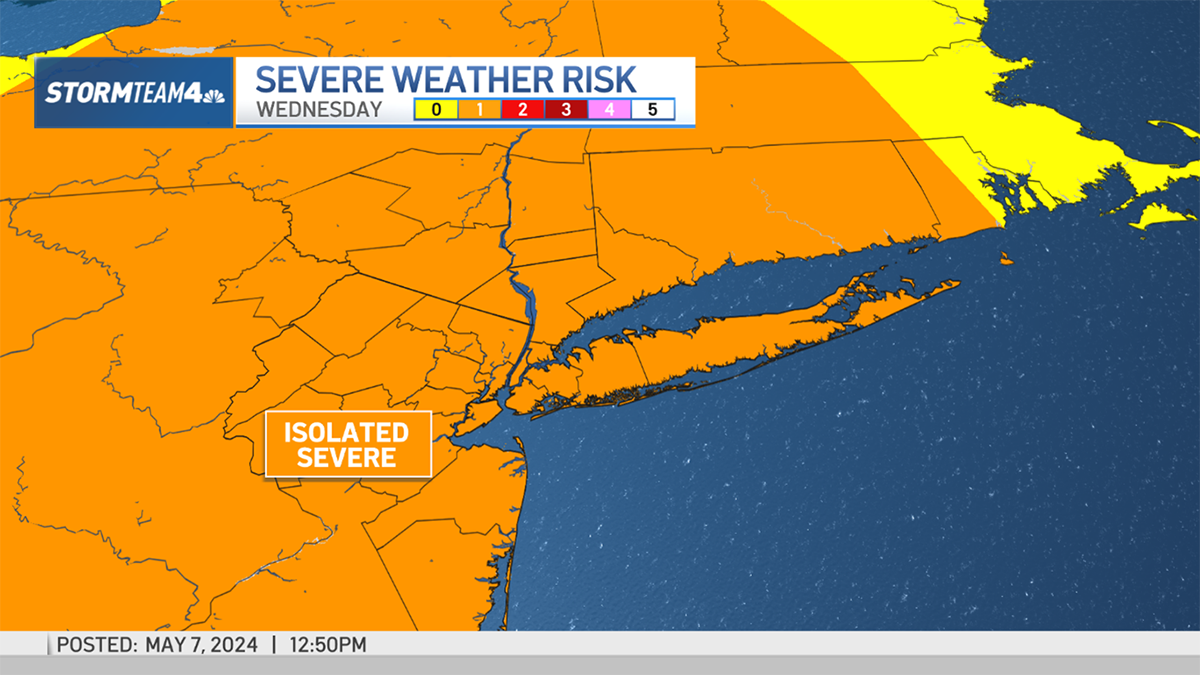The Fourth of July weekend welcomes thousands of tri-state beachgoers wishing for much-needed rest and relaxation on the coastal shores.
While residents jump over waves or take in the sun, one group of New York City volunteers is carefully patrolling the dunes to protect an endangered resident -- the small, migratory shorebird called the piping plover.
"Most New Yorkers probably don't know, most people don't know, that fewer than 100 piping plovers come to New York City each year, and they are part of a global population for about somewhere between six and eight thousand," said Chris Allieri, founder of the NYC Plover Project, to NBC New York.
Allieri is a Brooklyn resident who launched the nonprofit NYC Plover Project in 2021 after conducting his own photography series capturing 100 birds in 100 days the previous year. During that time, he first met the piping plover up close and researched more on this at-risk species.
Get Tri-state area news and weather forecasts to your inbox. Sign up for NBC New York newsletters.
The piping plover is considered an endangered species in New York state and threatened on a federal level, according to the NYC Parks Dept. In spring, plovers arrive at the breeding grounds in NYC and stay up until late summer before migrating south for the winter.
These plump, sparrow-sized birds can range from about five to seven inches long and feed on coastal invertebrates, like insects and crustaceans.
On the beaches at Jacob Riis Park, Fort Tilden and Breezy Point Tip, the NYC Plover Project volunteers work diligently to clean up trash and monitor the roped-off areas designated for plover nesting.
News
NBC New York toured the Jacob Riis beach with the group, who pointed out a few of the harmful objects to wildlife collected just that morning, which included a hat, masks, hand sanitizer and old fishing bags.
"You see three different string lines going up the beach. The furthest one was the initial, but that plover nested very close to that initial string line. It's just a symbolic fenceline, but people go up to it and the bird freaks out a little bit, and it gets off the nest and stops incubating," Dave Treviño, Natural Resource Program Manager at Gateway National Recreation Area, told News 4.
While the dunes may be cut off by three different levels of roping, it is to ensure this area is safe for plovers and other resident wildlife. Allieri, along with dozens of volunteers, will especially patrol these Queens beaches over the July Fourth weekend with a message to fellow New Yorkers to be mindful of their surroundings.
"For us, it's about staying out of these roped areas, what you carry in carry out, no kites, no drone, no fireworks, no dogs, but do have fun. You can do all of this, and here's the thing, at the end of the day, isn't it far more interesting to go to a beach where you can see these species thriving and surviving," said Allieri.



